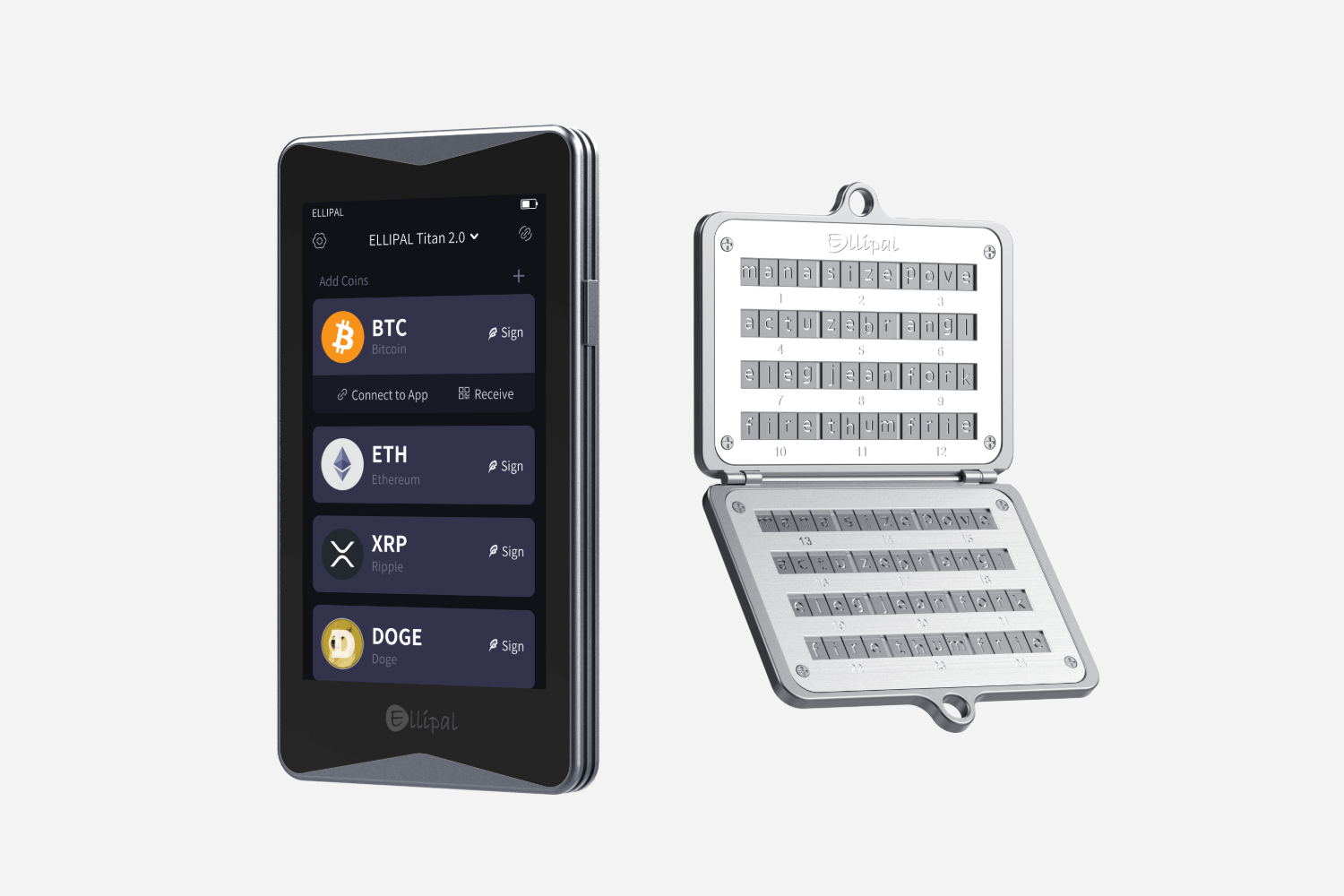Unlock Your Crypto's Safety: Discover the Ultimate Cold Wallets Today!
As cryptocurrencies continue to rise in popularity, so does the importance of securing them against potential threats. For anyone venturing into the world of digital currencies, understanding the significance of cold wallets is paramount. Cold wallets are offline storage solutions designed to protect your assets from hacking and other vulnerabilities that online wallets face. In an era where digital theft is becoming increasingly sophisticated, having a reliable cold wallet ensures that your investments remain safe and sound. This article will explore the different types of cold wallets available for purchase, their security features, and how to choose the right one for your needs.

Understanding Cold Wallets
Cold wallets are a crucial aspect of cryptocurrency security. Unlike hot wallets, which are connected to the internet and are more susceptible to cyberattacks, cold wallets provide an offline storage option that significantly enhances security. They are designed to store your private keys in a manner that keeps them isolated from online threats. By using a cold wallet, you can shield your digital assets from potential hackers, malware, and phishing scams. The benefits of cold wallets extend beyond just security; they also provide peace of mind for cryptocurrency investors who want to ensure that their investments are safe, especially when storing significant amounts of digital currency for the long term.
Types of Cold Wallets
When it comes to cold wallets, there are several types to consider, each with unique features and advantages. The most common forms are hardware wallets, paper wallets, and other forms of cold storage like USB drives or specialized devices. Hardware wallets are physical devices that securely store your private keys, while paper wallets involve printing your keys on paper, making them completely offline. Each type of cold wallet comes with its own set of functionalities and security measures, catering to different user needs. Understanding these options is essential for anyone serious about protecting their cryptocurrency investments.
Hardware Wallets
Hardware wallets are often regarded as the gold standard in cold wallet options. These small, physical devices look like USB drives and are built with security features that protect your private keys from unauthorized access. They typically support a wide range of cryptocurrencies, allowing users to store multiple assets in one place. The usability of hardware wallets is another significant advantage; they often come with user-friendly interfaces and can be easily connected to computers and mobile devices for transactions. Many hardware wallets also offer features like two-factor authentication and recovery seed phrases, adding layers of security to your digital assets.
Paper Wallets
On the other hand, paper wallets offer a unique approach to cold storage. A paper wallet consists of your public and private keys printed on a physical piece of paper. This method of storage ensures that your keys are completely offline, eliminating the risk of digital theft. However, paper wallets are not without their downsides; they can be easily damaged, lost, or destroyed, which can lead to the loss of your funds. Additionally, creating a paper wallet requires careful steps to ensure that you generate your keys in a secure environment. For those who prioritize offline storage and are comfortable with the risks, paper wallets can be an effective solution.
Factors to Consider When Choosing a Cold Wallet
When selecting a cold wallet, several critical factors should guide your decision. First and foremost is security; look for wallets with robust encryption and security features to safeguard your private keys. User-friendliness is another essential aspect; you want a wallet that is easy to set up and use, especially if you are new to cryptocurrency. Compatibility with different cryptocurrencies is also crucial; make sure the wallet you choose can support the digital assets you hold. Additionally, consider backup options to ensure you can recover your funds in case of device loss or failure. These factors collectively help determine which cold wallet best fits your needs.
Comparative Analysis of Cold Wallets
In comparing the different types of cold wallets, it's clear that each has its strengths and weaknesses. Hardware wallets excel in security and user-friendliness, making them an excellent choice for both beginners and experienced users. However, they come at a cost and require physical maintenance. Paper wallets, while offering complete offline security, pose risks related to physical damage and the complexity of secure generation. Other forms of cold storage, such as USB drives, can provide a middle ground but may lack the specialized security features of dedicated hardware wallets. Ultimately, the choice of a cold wallet should align with your specific needs and comfort level regarding security and usability.
Final Thoughts on Securing Your Cryptocurrency
Choosing the right cold wallet is a vital step in securing your cryptocurrency investments. The importance of cold wallets cannot be overstated, as they provide a necessary layer of protection against the ever-evolving threats in the digital currency space. By understanding the different types of cold wallets and the critical factors involved in selecting one, you can make an informed decision that aligns with your investment strategy. Remember to consider your personal needs and preferences carefully; after all, securing your digital assets is not just about technology—it's about peace of mind and financial security.






Comments